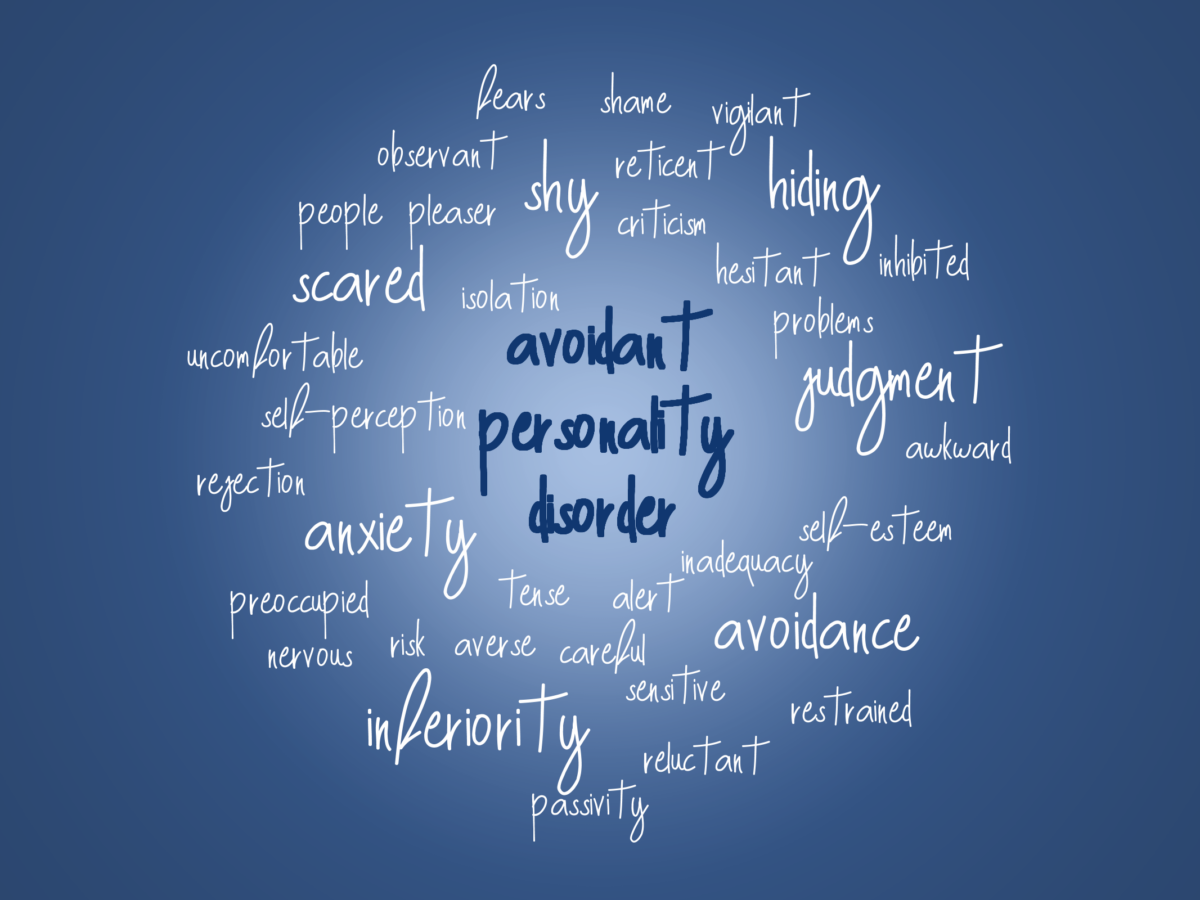Introduction:
Avoidant Personality Disorder (AvPD) presents unique challenges in relationships, both for individuals living with the disorder and their loved ones. It is crucial to foster understanding, support, and personal growth for individuals with AVPD.
Understanding Avoidant Personality Disorder
Understanding AvPD is the foundation for building empathy and providing meaningful support. This section highlights the symptoms, causes, and risk factors associated with AvPD. It explores the social isolation, fear of rejection, low self-esteem, and avoidance of new experiences that individuals with AvPD commonly face.
Nurturing Relationships with Someone with Avoidant Personality Disorder

Nurturing relationships with individuals affected by AvPD requires patience, empathy, and open communication. This section offers practical strategies for fostering understanding, respecting boundaries, and providing reassurance. It emphasizes the importance of supporting professional help, encouraging social activities at their pace, and celebrating progress and small victories. Additionally, it highlights the significance of practicing self-care for the well-being of both the individual with AvPD and their loved ones.
Overcoming AvPD: A Journey Towards Self-Discovery and Growth
Overcoming APD is a personal journey of self-discovery and growth. This section emphasizes the importance of recognizing and acknowledging AvPD, seeking professional help, and gradually facing social situations. It explores the role of therapy, coping strategies, and challenging negative thoughts in the process of recovery. Additionally, it encourages individuals with AvPD to embrace personal growth, celebrate milestones, and practice self-compassion along their journey.
CONCLUSION
AVOIDANT PERSONALITY DISORDER- A SENSE OF BEING FLAWED AND INFERIOR
AvPD is a chronic and pervasive maladaptive behavioral pattern. People diagnosed as having avoidant personality disorder have low self-esteem, worry about negative evaluations by others, and avoid social interactions. Although they desire affection and close relationships, fear of rejection seems to keep these people from seeking such relationships.
The exact cause of AvPD is still unknown. However, it’s believed that both genetics and environment play a role. Psychotherapy is the main treatment for avoidant personality disorder. Besides, medication like antidepressants also helps an affected person.
Related Articles:
Understanding & Nurturing Recovery from Borderline Personality Disorder (BPD)
Histrionic Personality Disorder – Understanding and Supporting Individuals
Narcissistic Personality Disorder – Understanding, Coping, and Healing
Unveiling Antisocial Personality Disorder: Understanding, Impacts, and Treatment
Symptoms, Causes, and Treatment of Seasonal affective disorder (SAD)


